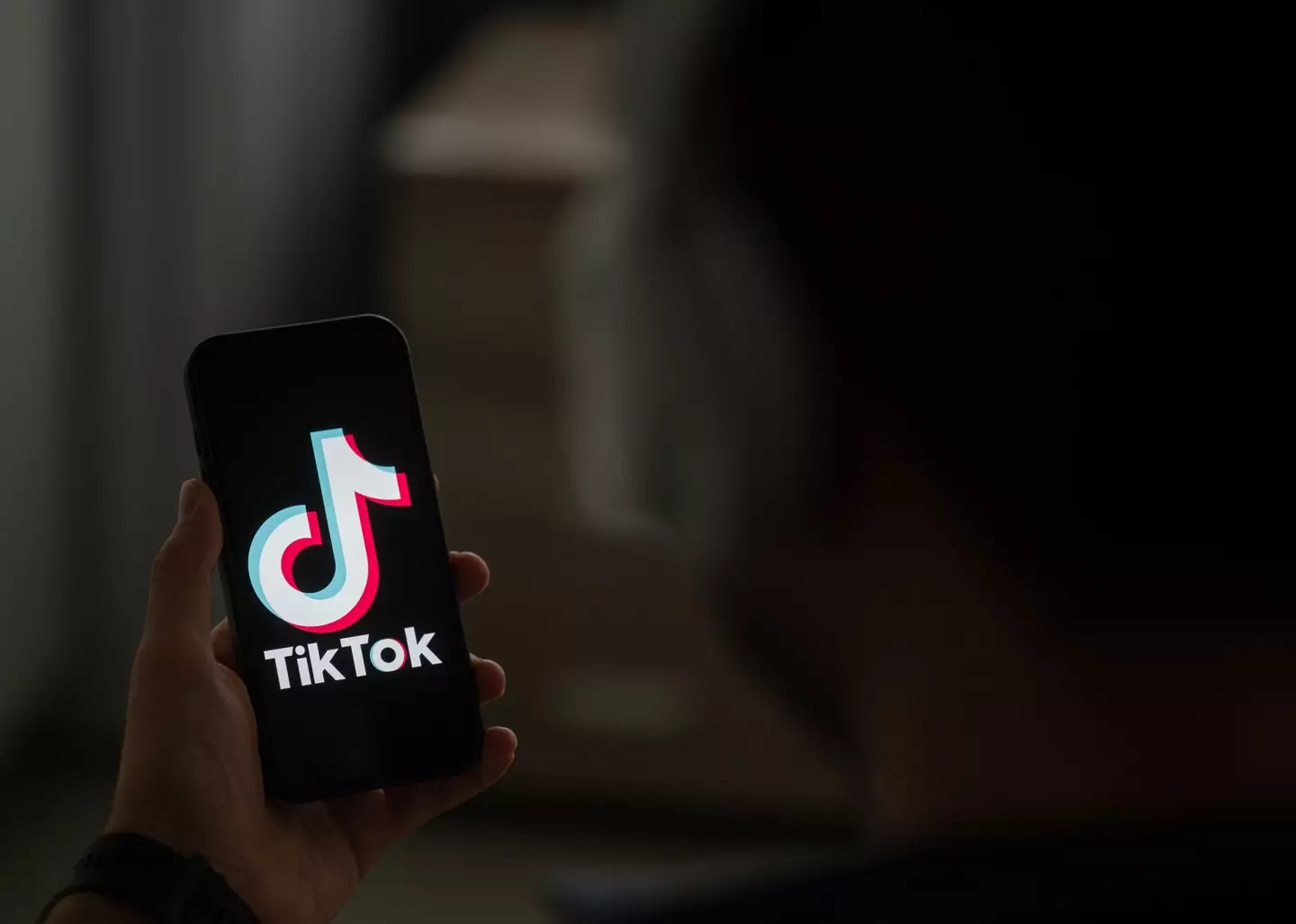
Recent information reveals from TikTok's high-profile court case have revealed that it takes just 35 minutes to become addicted to the app, and it also had noticeably negative affects on users' mental health.
Behemoth social media platform TikTok has been embroiled in a significant US court case for quite a while now as it fights to remain active in one of its dominant markets in the face of a looming ban.
The US government have alleged that the app, owned by Beijing-based tech company Bytedance, has links to the Chinese state, and have ordered its parent company to sell the app or face a ban in American markets.

Advert
It's clear to anyone that has ever used the short-form vertical video platform that it can be easy to lose minutes and even hours of your time to endless scrolling, particular due to the app's algorithm-heavy approach, but recent information from a Kentucky court case has allegedly confirmed this.
The documents in question were discovered by Kentucky Public Radio after they were improperly redacted by the case, and they reveal that not only are executives aware of the app's highly addictive qualities, but it suggests that it only takes around 35 minutes for users to become addicted.
"TikTok intentionally manipulates the release of dopamine in Young Users' developing brains," the redacted information argues, "and causes them to use TikTok in an excessive, compulsive, and addictive manner that harms them both mentally and physically."
Kentucky authorities also allege that it only takes around '260 videos' for users to develop an addiction, concluding that "thus, in 35 minutes, an average user is likely to become addicted to the platform," as reported by NPR.

TikTok spokesperson Alex Haurek has denied these accusations, placing emphasis on safeguarding features and screen time limits that have supposedly reduced the addictive qualities, but the lawsuit reports that these attempts by the company have had a 'negligible' impact.
It reveals that: "TikTok measured the success of the tool, however, not by whether it actually reduced the time teens spent on the platform to address this harm, but by three unrelated 'success metrics', the first of which was 'improving public trust in the TikTok platform via media coverage'."
Studies and experiments surrounding these screen time restrictions have reportedly only reduced the average time on the app per day from 108.5 minutes to around 107 minutes, which is a miniscule amount in the grand scheme of things and just under double the reported time needed to become addicted.
